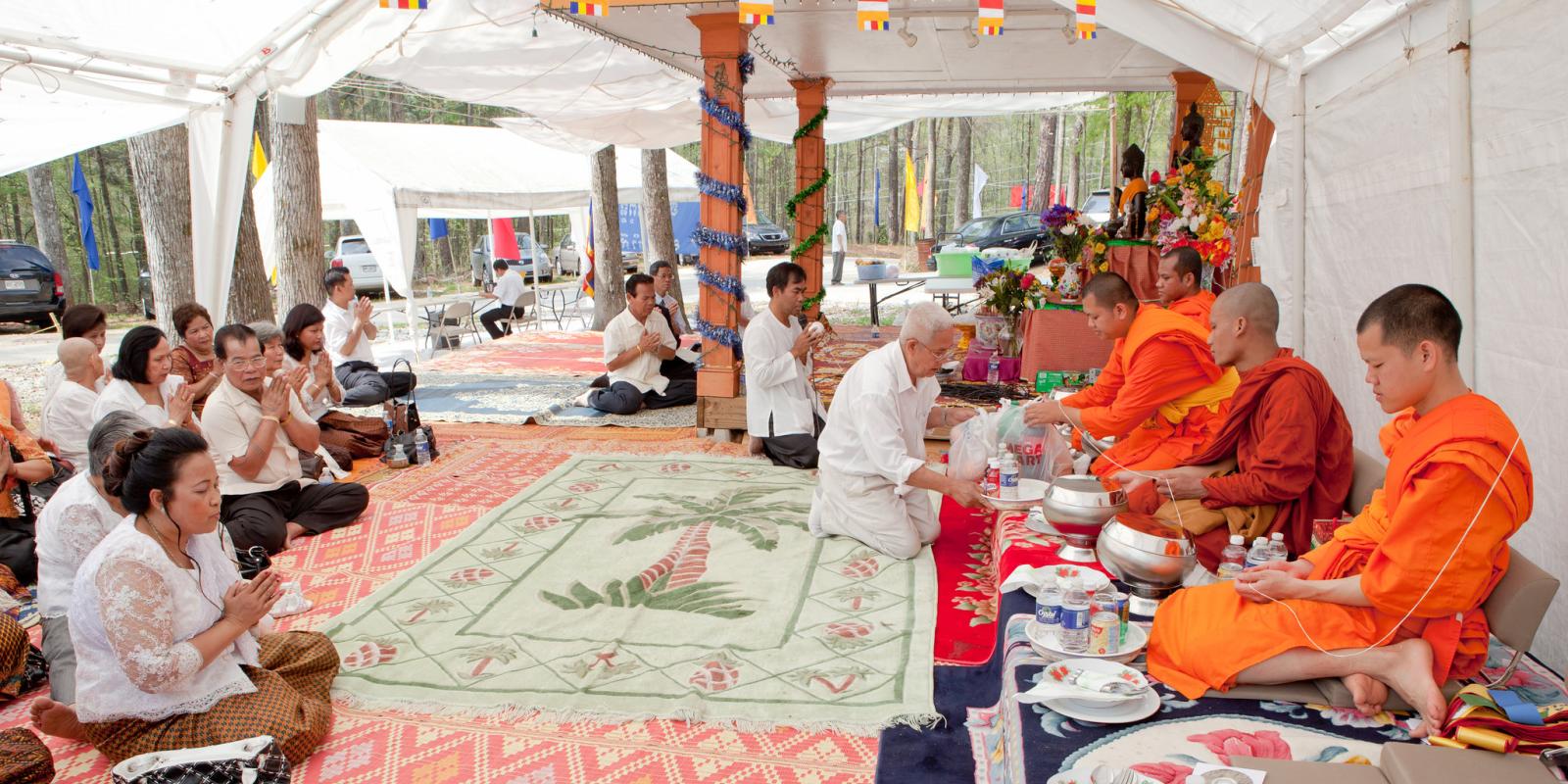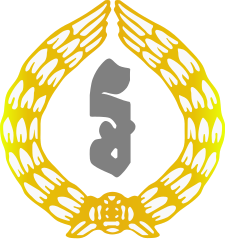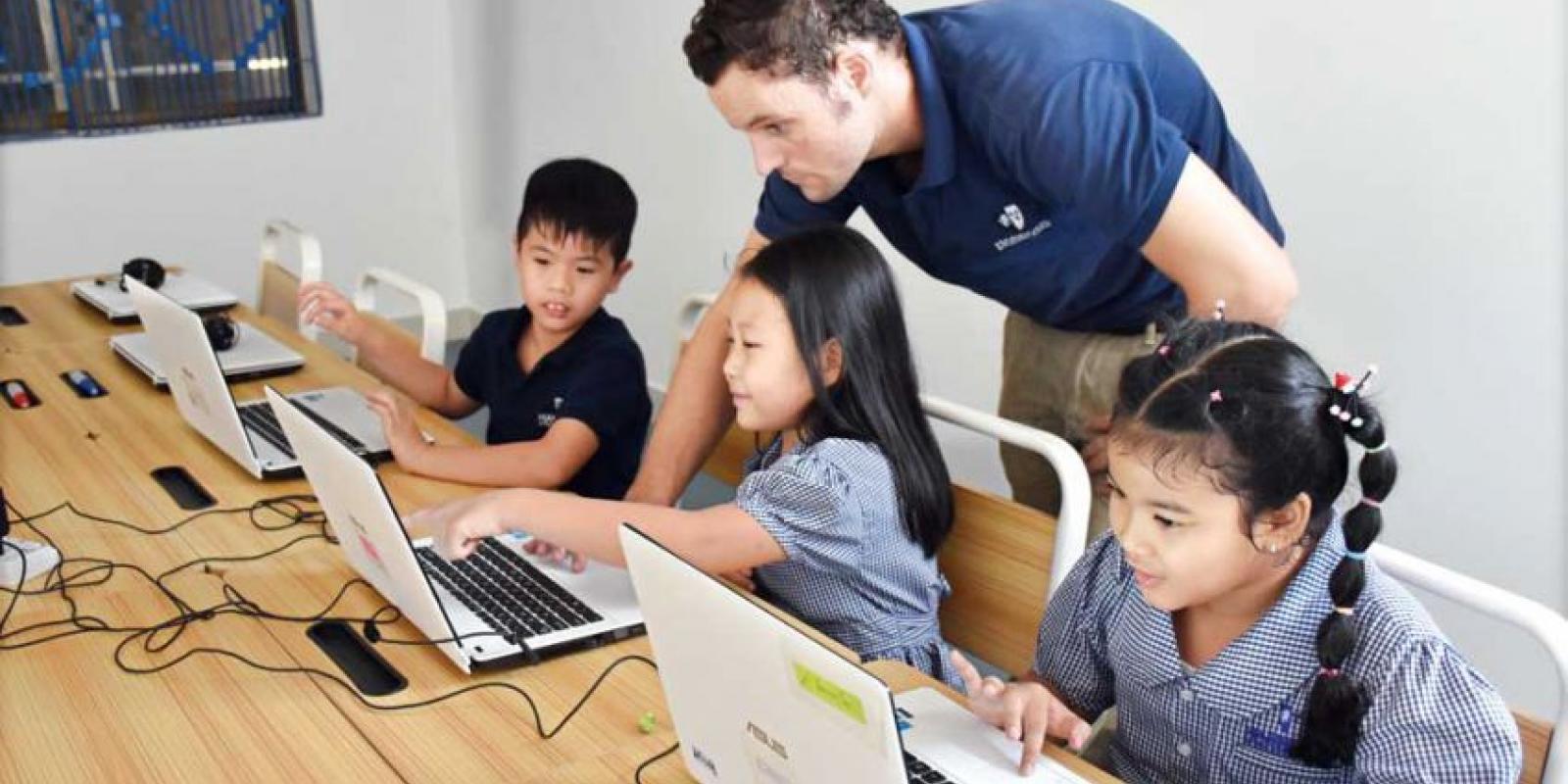Cambodia possesses by far the most national holidays of any nation globally. Moreover, plenty of these Khmer holidays are associated with cultural customs and tied to festivals that Cambodian visitors may participate in the prodigious celebration.
You may be astonished to learn that this country has about three-week public holidays each year, making it one of the most joyous countries on the planet.
You can still see Cambodians could not stop celebrating their cultural festival although they were situated in the Tough time of the Khmer Rouge or the widespread influence from western culture. So this is a perfect opportunity for people to unite and delight over their common knowledge of Cambodian tradition, cultures, and values.
To celebrate Cambodia’s festivals, Cambodians go from all across the country to the capital, Phnom Penh, to see the country’s best fireworks show, which is generally displayed along with the events for their celebration.
Some bicultural Cambodians like Sino-Cambodians are also extensively celebrating Chinese New Year despite the fact that it’s not an official Khmer holiday. All national designated and official festivals are coming from the Khmer Lunar Calendar to be scheduled and have timely celebrations.
Tourists may discover Cambodia’s most significant festivals, such as when and how they are celebrated throughout this article.
Significant Festivals Celebrated in Cambodia
In 2022, there will be a maximum of 21 official holidays in Cambodia, divided among 15 national, religious and cultural festivals, making this country the most public holiday worldwide.
To make things even more convenient for Cambodians, public holidays that occur on a Sunday will no longer be extended to the following Monday, according to the Ministry of Labour and Vocational Training (MOVLT).
According to a Sub-Decree authorized by the Royal Government of Cambodia, there will be 21 official legal holidays. MOVLT also announced the paid vacations in the 2022 calendar for their workforce in an official proclamation in October 2021.
Numerous of these holidays have distinctive festivities. Others are purely celebratory, like Independence Day or Constitution Day, which will allow all working people to take their day off work. Festivities in Cambodia are often marked with fireworks shows, light shows, and religious rites held at pagodas and temples. The following are the most important Cambodian holidays:
Khmer New Year (Bon Chol Chnam Khmer)
People celebrate Khmer New Year (also called as “Bon Chol Chhnam Khmer”) within three days, which is held from 13th to 15th of April each year. This is Cambodia’s most significant event and historically commemorates after the harvesting season.

Currently, cities are closed within 3 days during the festival before returning back to work. Cambodians travel back to their hometowns to celebrate the events with their family and relatives by visiting domestic pagodas, listening monk’s praying and advice about Buddhism and having parties together afterwards.
Visakh Bochea Day
One of Buddhism’s most sacred days commemorates the significant lifetime event for Buddha when he was born, passed away and achieved his enlightenment.
Public and home areas will be thoroughly cleaned. People will place Buddhism flags and do some flower-decorating.
The majority of people, especially the elderly, will bring some fruits, food, flowers and candles to the pagoda to pray, listen to monk Buddhism mentoring and do Buddha statue bathing. In the evening, they can also walk around or do meditation with lighted candles.
Royal Ploughing Ceremony
The Royal Ploughing Day is traditionally held in May. This festival is also called Bon Chroat Preah Nongkoal.
To celebrate the arrival of the rainy season, people gather to eat and pray for a plentiful crop. The centrepiece of this festival day is a ritual in which representatives of our King ploughs and plants rice at the ceremonial when the rice growth period is upcoming.
In addition, oxen are used for ceremonial ploughing and then given foods put on plates that are mostly made up from Cambodia’s different crops.
Because the Royal Palace’s soothsayer looks at what the oxen consumes, he or she can predict what will happen in the next few months. For example, the oxen are also given wine, and it is said that it would be disastrous for them if they drink it.
Ancestor’s Day (Pchum Ben)
Pchum Ben, also known as Ancestor’s Day, is a half month period of remembrance for dead family members, which traditionally begins between September and October.
Pchum Ben is believed to be a time when the souls of our ancestors that passed away may come back to us. To celebrate, numerous Cambodians wear a white suits and cook meals offerings to the monks at nearby temple buildings.
Some think that these gifts bring merit and a good deed to the deceased ancestors, whereas others believe those foods are given straightforwardly to the spirits who have passed on and our ancestors can eat well and give us good blessings.
During this festival, Cambodians visit many pagodas, traditionally at least 7 pagodas (but now you can visit at least one pagoda depending on your availability) to pray and make offerings for our deceased ancestors.
Water Festival (Bon Om Touk)
Tonle Sap water flows in a different direction per November, bringing Cambodians together at Phnom Penh, to glorify the celebration “Bon Om Touk” festival, commonly known as “Water Festival”.
Two million citizens all over the country gather in the heart of the city “Phnom Penh”, to visit the spectacle of colorful boats racing down the Mekong (Also, a smaller-scale version of this festival may be seen at Siem Reap).
This festival celebration is a tumultuous period of the country’s capital; people from different provinces come to witness the races and support their represented racing boat team.

However, the gigantic gathering and lack of efficient crowd management made the biggest tragedy in 2010 as there was an incident that killed 350 people at Koh Pich’s bridge.
Since then, there has been no racing boat celebration. Instead, people celebrate this festival’s arrival by doing moon salutation, floating lanterns, and the dining of pestle new rice with coconut juice or banana.
What Travelers in Cambodia Should Know Before Attending A Festival
The following are some suggestions for travelers interested in attending a festival or having holidays to Cambodia:
- Visas for Cambodia should be obtained as early as possible (the validation of e-Visa is within 3 months counting from the date of issuance) ;
- Plan ahead for accommodation;
- Make sure you know what time everything is open;
- A festival during the rainy season will need you to bring rain gear.
Travelers may take advantage of Cambodia’s celebration of festivals and have the chance to in-depth understanding regarding the culture and customs of the nation. Just by having a proper planning and experiencing these festivals by yourselves, then you can discover more of our beautiful cultures.
References:
- Cambodia Public Holidays 2022. (2021, December 28). B2B CAMBODiA. Retrieved March 14, 2022, from https://www.b2b-cambodia.com/news/cambodia-public-holidays-2022/#:%7E:text=Cambodia%20will%20see%20a%20total,national%2C%20cultural%20and%20religious%20festivals
- Cambodian festivals and holidays. (n.d.). Move To Cambodia. Retrieved March 14, 2022, from https://www.movetocambodia.com/about-cambodia/get-to-know-khmer-culture/festivals-and-holidays/
- Marissa. (2017, March 21). The Essential Guide to Cambodia’s National Holidays. Culture Trip. Retrieved March 14, 2022, from https://theculturetrip.com/asia/cambodia/articles/the-essential-guide-to-cambodias-national-holidays/





